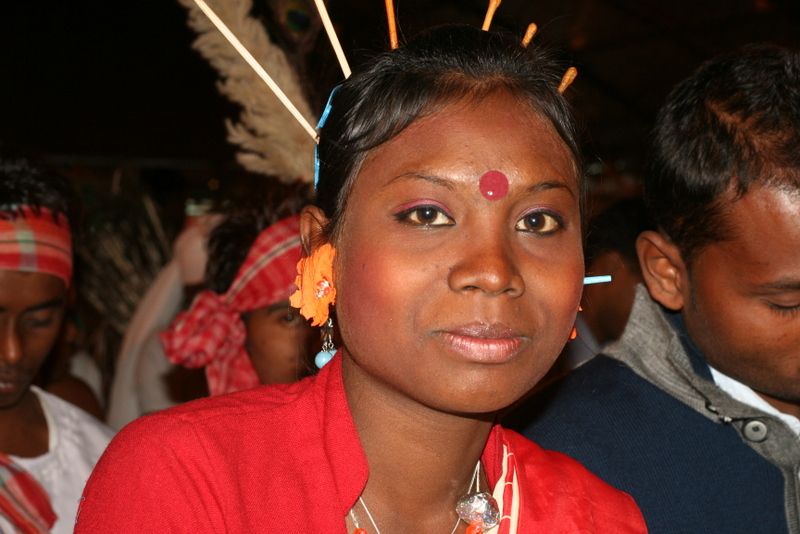Munda

Ranked 5th in the list of the top 10 most famous tribes in India, Munda, indigenous to the eastern and central regions of India, forms a captivating cultural mosaic within the country's tribal landscape. Their way of life is deeply rooted in their ancestral traditions and closely connected to the land they call home.
The Munda people's beliefs and practices are a fascinating blend of traditional animistic faith and the influence of Christianity, introduced through missionary activities. They venerate various deities and spirits deeply connected to the natural world. Their festivals, such as "Sarhul," "Karam," and "Maghe Parab," are vibrant expressions of their cultural and spiritual values, featuring traditional dances, music, rituals, and elaborate ceremonies that pay homage to their agricultural cycles.
Munda society is structured around clans known as "kilis," each with its own customs and traditions. These kilis serve as not only social units but also mechanisms for resolving disputes and maintaining harmony within their communities.
The Munda people's unique matrilineal society, respect for nature, and rich cultural traditions make them a distinct and intriguing community within India. Their way of life is deeply rooted in their cultural values, respect for women, and harmonious coexistence with the natural environment, marking them as an integral and invaluable part of India's tribal tapestry.














